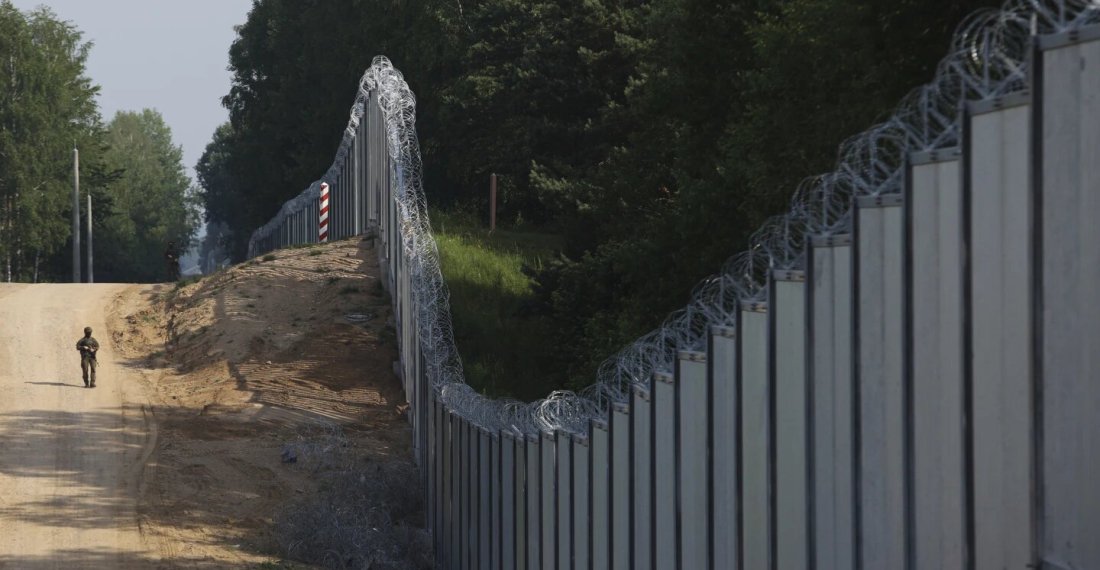Poland has announced on Thursday (10 August) that it will station some 10,000 troops on its eastern border with Belarus. The decision comes after the Polish Prime Minister Mateusz Morawiecki said on 29 July that Wagner Group mercenaries could infiltrate Poland from Belarus, where they are currently stationed.
The Polish Defense Minister Mariusz Blaszczak said that the 10,000 soldiers will be moved to the country's border with Belarus "to scare away the aggressor so that it does not dare attack us", adding "we have to be ready for various scenarios, we do not exclude anything".
More specifically, he said that 4,000 soldiers would directly support the Polish Border Guard service, while 6,000 troops would be kept in reserve.
The situation on the Poland-Belarus border has been growing increasingly tense over the past two years. Since 2021, Minsk has sent migrants mainly from the Middle East to the Polish border and leaving them stranded, fuelling an artificial migrant crisis.
More recently, tensions have once again grown after the Wagner Group's leader, Yevgeny Prigozhin, announced that his mercenaries would be stationed in Belarus following their abortive rebellion in June this year.
On 29 July, Prime Minister Morawiecki claimed that some 100 Wagner mercenaries had been stationed near the Suwalki Gap, while on 1 August two Belarusian helicopters briefly violated Polish airspace before turning back.
source: commonspace.eu with agencies
photo: AP






